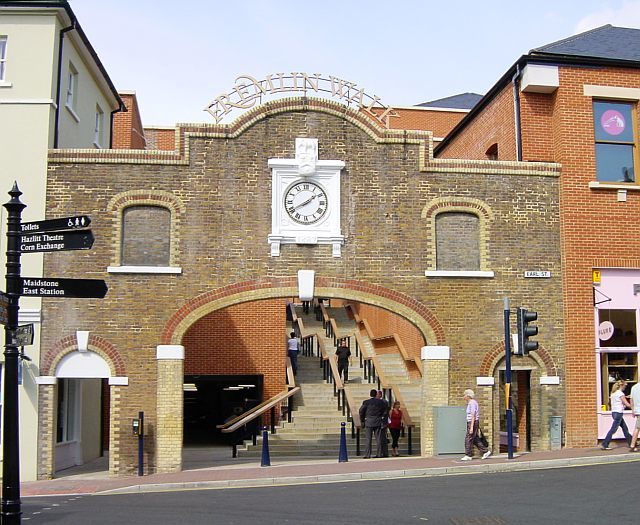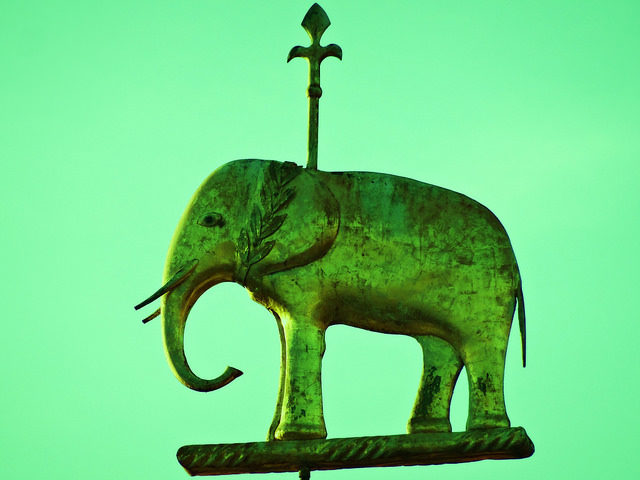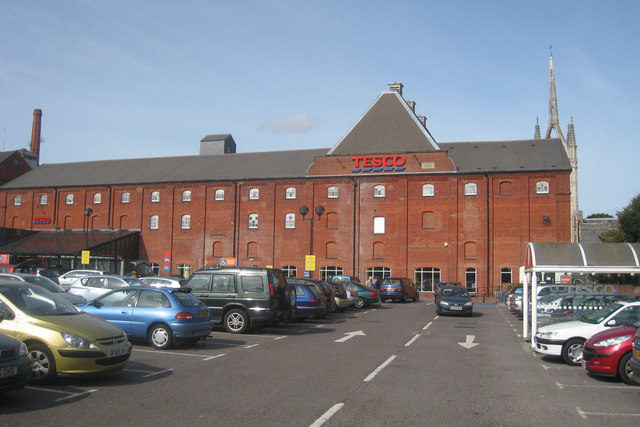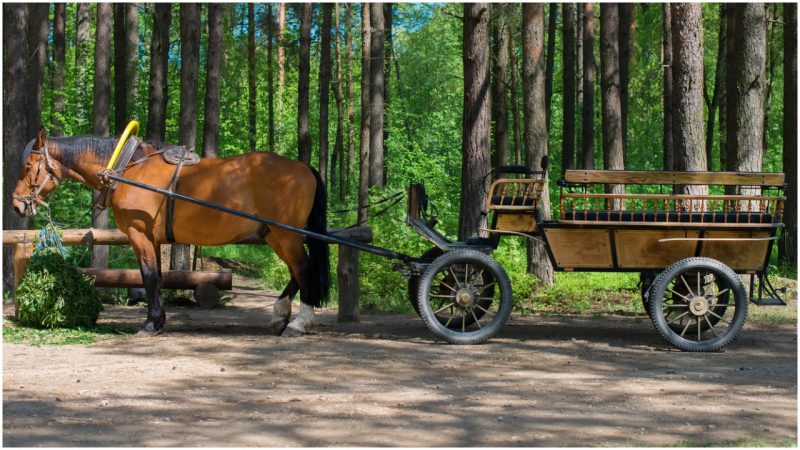Brewing is an ancient tradition in Britain, established near the time when the Romans arrived in 54 BC. Archaeology suggests that beer was being made all over Roman Britain. Wooden-tablet accounts found at the Roman fort of Vinodlanda at Chesterholm indicate that Roman soldiers there treated themselves with Celtic Ale, as other Roman legions likely did elsewhere on the island, buying local beer.
Beer continued to be one of the most common drinks in Medieval Britain, just as it was in the northern and eastern parts of Europe, where weather prevented people from cultivating grapes for wine and water quality was iffy. The beer engine worked exceptionally well from 1700 until 1899, when many new types of beer were introduced to Britain.
This widespread and long-cultivated tradition of brewing beer has generated all sorts of stories among beer producers. Such is the case with Fremlin’s, which was probably the most famous brewery in Maidstone, in Kent.

Fremlin’s Brewery was established in 1861 by Ralph Fremlin, a person who avoided the pub trade and largely focused his business on producing bottled beer. He was a deeply religious man, embedding it in his art of making beer.
The original brewery where Fremlin’s emerged was already on Earl Street, Maidstone, from around 1790. Ralph Fremlin bought the property in 1861, after which he went on to rebuild all the premises. He also extended the production plant down the street while taking over a public house that was wrecked at that point. A hard-working man, Fremlin was not only in charge of the beer production but also the engineering and accounting tasks.
As part of his personal belief, Fremlin never approved of pubs that sold any alcohol. He sold a dozen beer-selling premises that were associated with the brewery. That’s when he focused the business on producing bottled beer and developed a home delivery system that brought the Fremlin’s bottles door-to-door with the help of a horse and cart.
The business was a success, and Fremlin’s soon expanded by starting to produce lager and “National Temperance Ale.” Simultaneously in London, a branch of Fremlin’s emerged on Buckingham Palace Road by 1894. Fremlin’s quickly became noted for becoming the first brewery in Britain to have bulk production of beer in bottles and jars, which was most likely the most important factor in the brand’s growth.
All along, Ralph Fremlin never ceased to be a devoted Christian. He would run Bible classes for his employees in the brewery and would also fund local churches in Kent with part of his revenue. Fremlin remained faithful to his word and never supplied beer to any pub, as he believed the typical Victorian beerhouse was ethically wrong.
What made the beer stand out from the competition was also the distinctive elephant logo standing on top of the family’s coat of arms. This was featured on each bottle or glass of Fremlin’s. The elephant was used due to the brewery’s association with the East India Company.

After Ralph Fremlin died in 1910, the business was taken over by his brother Richard, but only for a short period of time. Richard would pass away five years after Ralph’s death. Things changed after World War I, when the brewery adjusted to become a private limited company known as Fremlin Bros Ltd.
At this point, the brewery had reverted to pub trade, while all along acquiring smaller breweries in the proximity of Kent. By the mid-20th century, with roughly 800 pubs under its ownership, Fremlin’s counted as Kent’s largest brewery. However, the company was purchased by George Beer & Rigden in Faversham in 1950, a deal that included the entire production plant facilities.

The ownership of Fremlin’s would change a couple more times in the following decades, while production in the plant was also at a halt for a period between 1954 and 1961. By the end of the 1960s, business started to decline while under the ownership of Whitbread.
By 1972 the Maidstone premises were all closed down, and through most of this decade, the facilities there were used mostly as a depot. In 1978, much of the brewery premises were demolished, in favor of building other infrastructure around the Maidstone town center. What was left of the Earl Street brewery was destroyed two years later.
The Earl Street site is nowadays part of Fremlin Walk, a vibrant outdoor center for shopping in downtown Maidstone. The Faversham plant, which remained open until 1990, is now occupied by a Tesco store.
